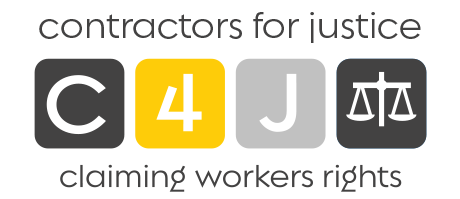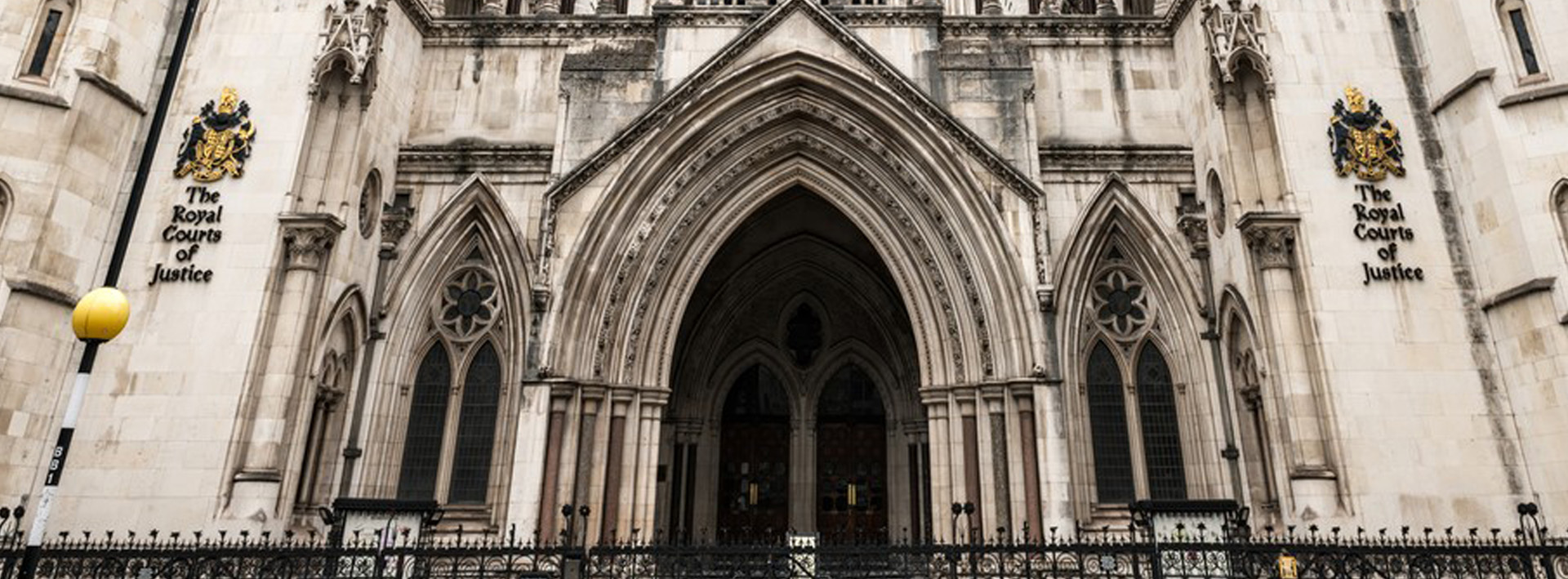s684(7A)(b) ITEPA 2003
Prior to the amendment to the PAYE Regulations, HMRC did not have the discretion to choose whether to collect tax from the employer or the employee, unless there had been a direction to transfer PAYE to an employee under Regulation 72 or Regulation 81 of the PAYE regulations.
However, on the 10th July 2003, s 684(7A) was inserted into ITEPA which now gives HMRC the discretion to determine that a person paying PAYE income is not required to comply with the PAYE Regulations, in circumstances in which an officer of HMRC is satisfied that it is unnecessary or not appropriate for the payer to do so.
This power was first used by HMRC in the Disguised Remuneration case of Hoey v HMRC (2019) UKFTT 489(TC).
The use of these discretionary powers has far reaching ramifications and consequences most notably, there is no traditional right to appeal, the only recourse against s684(7A) is a costly Judicial Review.
You will have been given 30 days to give representations, which the officer can take onboard. However, it is highly unlikely any information you give up, will change or alter the officers decision. Therefore your only course of redress, is to be party to a challenge for Judicial Review.
A Judicial Review is a type of court proceeding in which a judge reviews the lawfulness of a decision or action made by a public body such as HMRC. It does not look at the application of the law or indeed the merits of the decision.
Whilst we don’t profess to be Tax Professionals a JR is a legal process where we would look at if the policy has been inappropriately applied i.e. is it found to be Ultra Vires (To act beyond ones authorised power and to do things the law has not officially granted or sanctioned) or is the decision illegal (not authorised by law), or irrational, unreasonable or predicated on a procedural impropriety (someone didn’t follow the rules).
If you have recently received a notice citing s684(7A)(b) you should get in contact with us at C4J immediately as time is of the essence.

